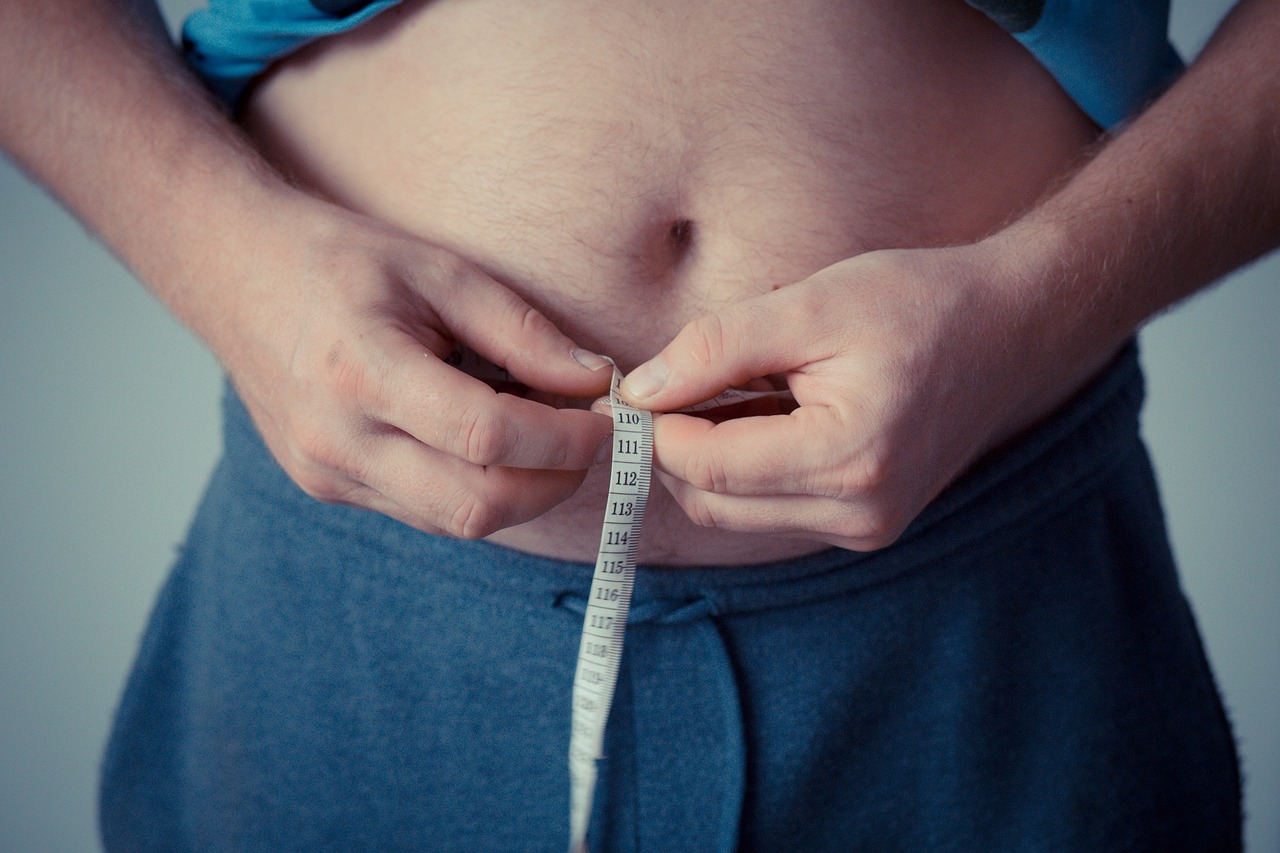
Upgrade to High-Speed Internet for only ₱1499/month!
Enjoy up to 100 Mbps fiber broadband, perfect for browsing, streaming, and gaming.
Visit Suniway.ph to learn
 STOCK PHOTO | Image by Michal Jarmoluk from Pixabay
STOCK PHOTO | Image by Michal Jarmoluk from PixabayBy Kenneth Christiane L. Basilio, Reporter
ABOUT four of 10 Filipinos aged 20 to 59 are obese, with obesity rates likely influenced by location and wealth, according to the Food and Nutrition Research Institute.
“Obesity and overweight are higher in urban areas and tend to increase in relation with wealth,” Mildred O. Guirindola, chief science research specialist at the institute, an agency attached to the Department of Science and Technology, told a stakeholder meeting in Mandaluyong City on Thursday.
She said 35% of Filipino male adults are grossly overweight, compared with 45% of their female counterparts.
Obesity is a medical condition characterized by excessive fat accumulation that poses a health risk, according to the World Health Organization.
Government data showed that 44% of Filipinos in urban areas are obese compared with 35% of those in the countryside.
The institute said 53% of the wealthiest adult Filipinos are obese, with obesity rates steadily declining among lower income groups — down to 25% among the poorest. It added that 35% of poor Filipinos are obese, compared with 40% from the middle class and 44% from the wealthy.
Filipinos in urban communities are more obese likely due to their easy access to junk food and fast-food restaurants, with rich people having the resources to spend more on cholesterol-rich foods and alcoholic beverages, Vicente Y. Belizario, Jr., former dean of the University of the Philippines College of Public Health, said in an interview.
Obesity contributes to 0.7% to 2.8% of nation’s total healthcare spending, according to a separate presentation by the Epidemiological Burden and Cost of Obesity project, which is studying the costs of obesity in the Philippines.
The Philippine government may be spending about P200 billion yearly to address obesity and obesity-linked diseases such as heart disease and diabetes, Madeleine de Rosas-Valera, project leader of the obesity research group, said in an interview.




